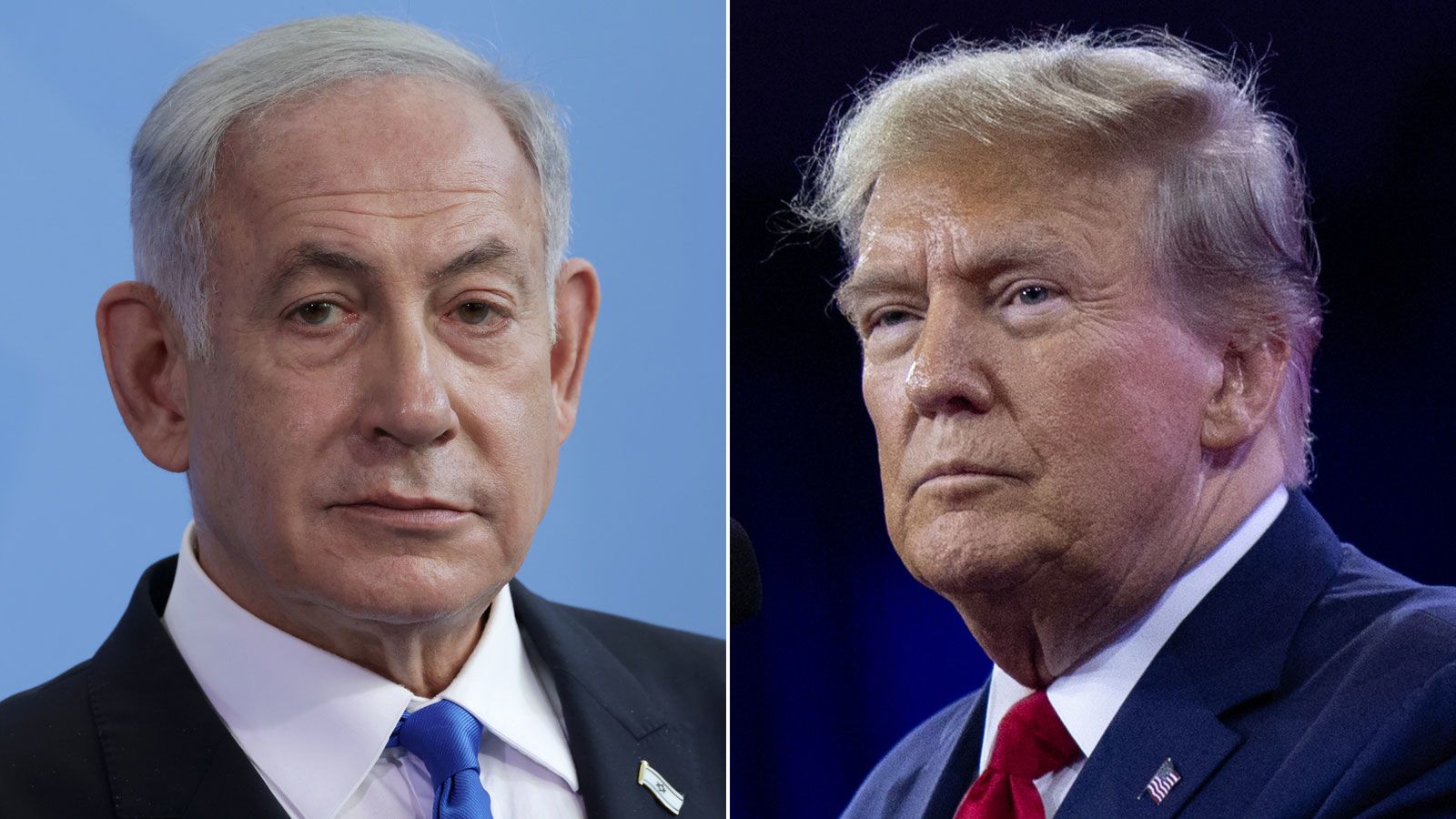In a significant development in the ongoing Israel-Hezbollah conflict, reports have emerged indicating that a senior Hezbollah spokesperson has been killed in an Israeli airstrike. This latest escalation underscores the fragile and volatile nature of the region, with tensions continuing to rise between the Israeli Defense Forces (IDF) and the Lebanese militant group Hezbollah. The incident marks a pivotal moment in the ongoing geopolitical and military struggle in the Middle East and may have profound implications for the broader regional stability.
This article takes an in-depth look at the details of the incident, the historical context of the Israel-Hezbollah conflict, the impact of this latest attack, and what it could mean for the future of both the Lebanese militant group and Israeli security.
The Incident: Hezbollah Spokesperson Killed
According to reports from both Hezbollah sources and Israeli military officials, the spokesperson, who has been identified as a senior member of the group’s media operations, was killed in an Israeli airstrike. The attack reportedly took place in southern Lebanon, a region that has long been a flashpoint for conflict between Hezbollah and Israel. Initial reports indicate that the spokesperson was targeted specifically due to his role in Hezbollah’s communication efforts, though some details remain unclear.
Hezbollah confirmed the death in a statement, declaring that the spokesperson was “martyred” in the Israeli strike and that the group would continue its operations in the region. The spokesperson had been an influential figure in Hezbollah’s media presence, helping to coordinate communications with the group’s supporters and the media. The assassination of such a high-profile figure is likely to have far-reaching consequences, both for Hezbollah’s internal dynamics and its external operations.
While this specific strike has garnered international attention due to the identity of the individual involved, it is part of a broader escalation of military exchanges between Israel and Hezbollah that has been intensifying in recent months.
Background: The Israel-Hezbollah Conflict
The ongoing conflict between Israel and Hezbollah, a Shiite militant group based in Lebanon, has been a defining feature of Middle Eastern geopolitics for decades. The roots of the conflict stretch back to the 1980s, when Hezbollah was formed with the support of Iran during Lebanon’s civil war. Originally, the group’s goal was to resist Israeli occupation in southern Lebanon, but over time, it has grown into one of the most powerful non-state actors in the region, receiving military and financial support from Iran and Syria.
The conflict between Israel and Hezbollah is deeply tied to broader regional issues, including the Israeli-Palestinian conflict, Iranian influence in the Middle East, and the dynamics of sectarianism and power struggles in Lebanon and Syria. Hezbollah has consistently opposed Israel’s existence and has launched numerous attacks on Israeli targets over the years, including the 2006 Lebanon War, which saw Hezbollah and Israel engaged in a month-long conflict that left thousands dead and led to widespread destruction in Lebanon.
Although tensions between Hezbollah and Israel have simmered in the years since the 2006 war, the relationship remains fraught, with both sides maintaining a delicate balance of deterrence, often trading fire across the Lebanese-Israeli border. Israel views Hezbollah as a significant security threat, particularly due to the group’s growing arsenal of missiles and its proximity to Israeli territory. Meanwhile, Hezbollah views Israel as a primary adversary in its broader struggle against what it sees as Western imperialism and Israeli occupation of Palestinian lands.
The Impact of the Killing: What Does It Mean for Hezbollah?
The assassination of a senior Hezbollah spokesperson is significant on several levels. First and foremost, it is a symbolic blow to the group, as it targets a key figure responsible for shaping the public narrative and rallying support among Hezbollah’s followers. The spokesperson’s death is likely to have both immediate and long-term implications for the group’s media strategy and its ability to control the message.
Strengthening Resolve
Hezbollah has historically framed such attacks as acts of martyrdom, using them to rally their supporters and justify further action against Israel. The killing of a high-ranking member of the group could serve to inflame anti-Israel sentiment within Lebanon and the broader region. Hezbollah may respond to this strike with further military action, potentially leading to a significant escalation in violence along the Israeli-Lebanese border.
Moreover, the group is likely to use this event to strengthen its internal narrative, portraying itself as a steadfast resistance movement against Israeli aggression. This could rally both Hezbollah’s political allies within Lebanon and its broader network of supporters in the region, including Iran and Syria, who view the group as a crucial component of the “axis of resistance” against Israel and its allies.
Impact on Hezbollah’s Leadership and Structure
The spokesperson’s death may also have consequences for Hezbollah’s internal structure and leadership. As a group with a highly centralized leadership, Hezbollah could face challenges in maintaining cohesion if further key figures are targeted. However, Hezbollah has long prepared for the possibility of losing senior members, with contingency plans and leadership structures in place to mitigate any impact on its operations.
The loss of this spokesperson could also shift the group’s focus more heavily toward military action, given the crucial role that its media operations play in shaping the narrative surrounding the group’s activities. With an already fragmented Lebanese political landscape, the death of a senior figure may also put pressure on Hezbollah’s political allies in Lebanon, forcing them to navigate the consequences of this escalation.
Israel’s Objectives: Strategic and Tactical Calculations
For Israel, the airstrike is part of a broader strategy to weaken Hezbollah’s capabilities and deter further attacks. Israel has long been involved in efforts to limit Hezbollah’s military power, particularly its missile arsenal, which is seen as a direct threat to Israeli cities. The assassination of a senior spokesperson may also signal Israel’s intent to target high-profile members of Hezbollah’s leadership, including individuals responsible for military and operational decisions.
Maintaining Deterrence
Israeli officials have emphasized that they will not tolerate the growing strength of Hezbollah, especially as the group strengthens its ties with Iran and builds its missile and drone capabilities. By eliminating key figures in Hezbollah’s command structure, Israel aims to weaken the group’s overall strategic posture and disrupt its ability to wage an asymmetric war against Israel.
The timing of the airstrike also comes amid growing concerns about Hezbollah’s potential involvement in the broader regional conflict, including tensions surrounding Iran’s nuclear ambitions and its ongoing support for proxy groups across the Middle East. Israel’s actions against Hezbollah could be seen as part of a broader effort to curb Iran’s influence in the region, especially as Iran continues to push for nuclear development.
Regional and Global Reactions
The killing of a senior Hezbollah spokesperson is likely to provoke widespread condemnation, particularly from Hezbollah’s supporters in Lebanon, Syria, and Iran. Hezbollah’s allies in the region may view this as an act of Israeli aggression, exacerbating tensions between Israel and other Middle Eastern powers.
On the other hand, many in Israel’s security establishment may view the strike as a necessary and justifiable action to protect Israeli citizens from the growing threat posed by Hezbollah. However, the risk of further escalation remains high, with potential for increased violence along the Israeli-Lebanese border and even broader regional instability.
The International Community
The international community’s response to the killing will likely vary depending on political alignments and national interests. Western nations that align with Israel may view the airstrike as a legitimate defense against Hezbollah’s increasing threat, while others, particularly in the Arab world, may criticize it as an unjustified act of aggression.
Conclusion: A Turning Point in the Conflict?
The death of a senior Hezbollah spokesperson in an Israeli airstrike marks a significant moment in the ongoing Israel-Hezbollah conflict, with far-reaching implications for the political and military dynamics of the region. As tensions continue to rise, the international community watches closely, with the potential for this incident to spark further violence or, alternatively, lead to renewed diplomatic efforts to address the underlying issues that fuel the conflict. For now, however, it is clear that this latest escalation highlights the persistent and volatile nature of the Israel-Hezbollah conflict and the broader Middle Eastern geopolitical landscape.



